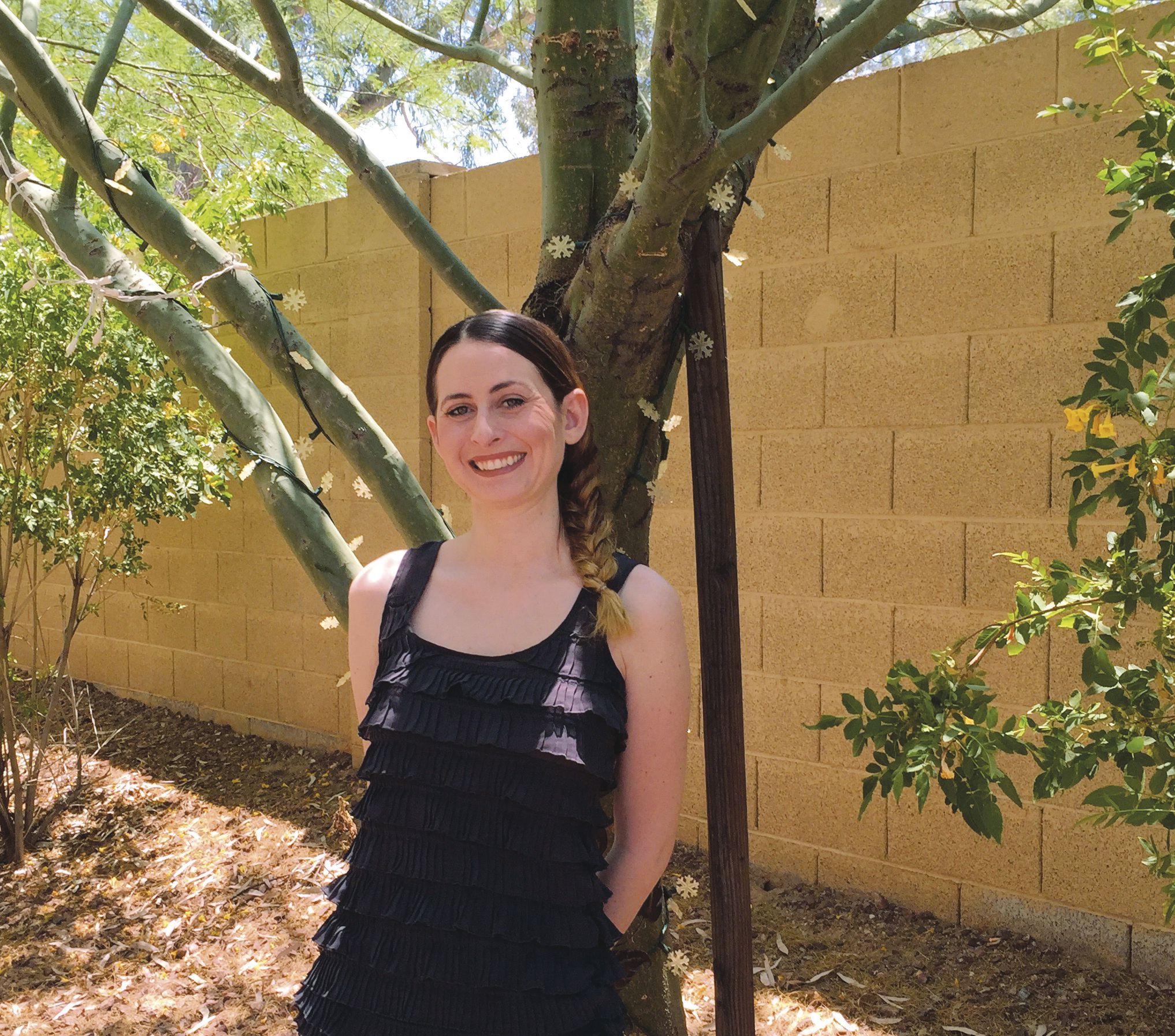 If you have concerns about a child’s development and/or academic progress, the State of Arizona has established a program known as AZ Find.
If you have concerns about a child’s development and/or academic progress, the State of Arizona has established a program known as AZ Find.
This program requires the state to locate, identify and evaluate children of any age up to 21 years who have a disability and are in need of early intervention or special education services. This includes children who attend private schools, are homeschooled and are highly mobile (homeless children or migrant), as well as those who are suspected of having a disability regardless of whether they are advancing to the next grade level.
Any member of the community can refer someone, or the student can refer himself. Referrals can include concerns related to behavior or social skills, cognitive or academic skills, motor control or coordination, vision and hearing, as well as speech and communication skills.
AZ Find is divided into two components based upon the child’s age. The first, Arizona Early Intervention Program (AZEIP), provides early intervention services for qualifying children from birth to 2 years and 10.5 months of age. AZEIP supports children by providing professional resources to families by screening the child and designing a plan to ensure developmental milestones are achieved.
The second component is designed to help preschool and school-aged children in local public and charter schools, through 21 years of age. This process includes an informal screening, which must be completed within 45 calendar days from when the school was notified of concerns. In addition, the school has within 10 days to notify you if any concerns are identified.
If the school identifies a concern, the child may be referred to the child study team for intervention or for a comprehensive psychological evaluation. The key thing to understand here is, though the school may suspect a disability, that suspicion alone does not mean psycho-educational testing is necessary. The school may opt to complete a series of intensive interventions for a period of time before suggesting a comprehensive evaluation.
If you are unsure about reaching out for a referral at this time, the child can be supported in many other ways. For example, you may consider frequently communicating with your child’s classroom teacher about the child’s progress and asking the school for materials to support the child at home.
Other options include seeking tutoring at school or through an outside agency, attending local workshops or community events promoting learning and social growth, and considering a 504 plan, which provides the child with accommodations inside the general education classroom.
Remember to use your best judgment when it comes to referring a child to AZ Find. However, it may be beneficial to err on the side of caution if you suspect the child has a disability. The earlier the child is referred, the earlier he will be getting the help needed to be successful.
Please visit my website at www.HelpChildrenSucceed.com. For direct consultation services, contact me at Support@HelpChildrenSucceed.com.

